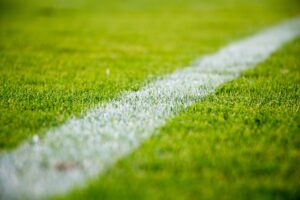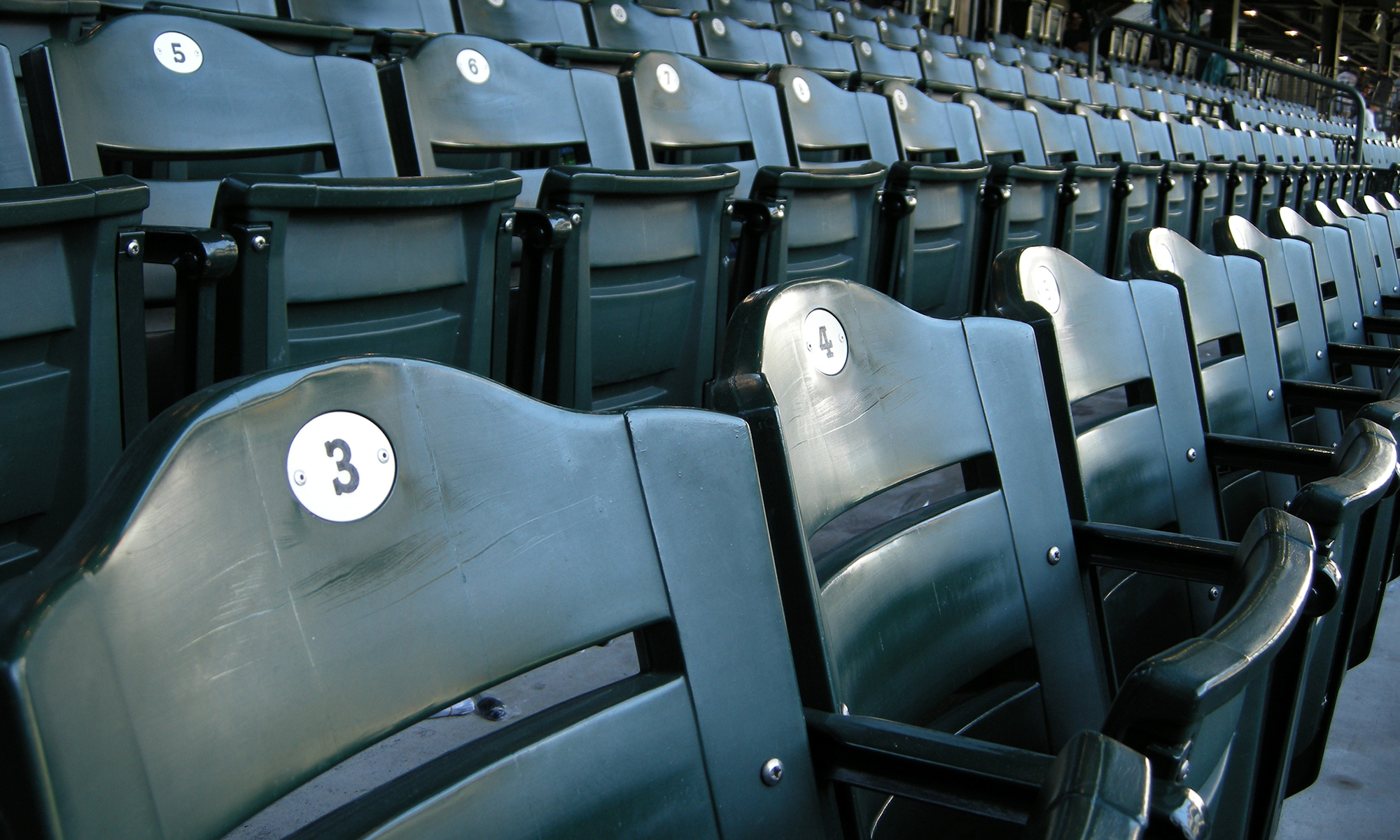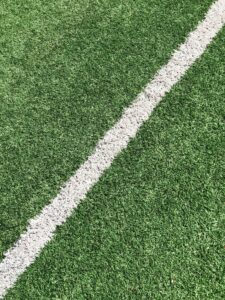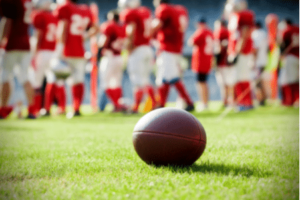While there may not be many college sports on TV this month, developments continue non-stop in the area of name, image, and likeness. The NCAA continues to lobby for a nationwide law governing NIL. High-profile names continue to voice their beliefs about the system currently in place. The only constant in the NIL world is change, and we have been tracking significant changes around the country, including new state laws and a recent action from the Internal Revenue Service.
Missouri: Student-athletes in the Show-Me State are the beneficiaries of a revised NIL law that allows coaches and other school-affiliated personnel to be more directly involved in securing deals. Previously, coaches could only “identify” potential opportunities. Now, they “shall have the right to identify, create, facilitate, negotiate, support, [and] enable” deals for athletes. Missouri universities must also develop processes for permitting athletes to use the university’s intellectual property (e.g., logo, colors, etc.), though schools can still impose reasonable limitations on licenses given to student-athletes. Breaking with traditional NIL laws, Missouri’s new statute allows collectives, businesses, and anyone else paying a student to explicitly condition payment on the student’s attendance at a particular school (though performance-based compensation is still barred).
Texas: Texas’s revised NIL law adds to its original 2021 statute and states, in no uncertain terms, that neither the NCAA nor any athletic conference can bar Texas universities from participating in intercollegiate athletics for any activity authorized under Texas’s law. In other words, Texas’s law explicitly purports to trump any standard, policy, or rule that the NCAA passes. The law also frees institutions to become involved in securing NIL deals for athletes, and it allows universities to grant special benefits to collectives and donors who contribute to NIL deals. However, like we discussed in Law360, Texas’s law still prohibits an NIL deal that pays a student “in exchange for . . . accepting an offer of admission to attend the institution,” putting it at odds with Missouri’s new law.
Montana: Montana’s NIL law, passed during a previous legislative session, went into effect. Though it spans only 2 pages, the law generally prohibits the NCAA and athletic conferences taking certain actions against student-athletes who exercise their “student-athlete rights”–a term defined as “the rights of a student-athlete enrolled in a postsecondary institution to earn compensation for the use of the student-athlete’s name, image, or likeness and to contract with and retain professional representation of an athlete agent.” Given its simplicity, the law is consistent with the nationwide trend of de-regulating NIL at the state level.
New York: New York’s NIL law was reportedly amended to bar the NCAA from entertaining a complaint, opening an investigation, or otherwise penalizing a college whose students engage in any activity protected by the state NIL law. New York is the latest to pass legislation that purports to strip the NCAA of any enforcement powers (provided the student or university is otherwise compliant with the state NIL law). New York’s law appears to also state that the NCAA cannot sanction a college even if an “entity or individual whose purpose includes supporting or benefitting the college or its athletic programs or student-athletes violates the collegiate athletic association’s rules or regulations with regard to a student-athlete’s name, image, or likeness.”
NCAA Guidance: The NCAA has reportedly sent Division I schools a memorandum demanding that they follow NCAA NIL policies even if state law “appear[s] . . . to prohibit the NCAA from enforcing its rules” (see, e.g., Texas). The memo also purports to prohibit institutions from “provid[ing] assets (e.g., tickets, suite access, club seating) to a donor as an incentive for providing funds to [an] NIL entity.” See again, Texas. If it wasn’t already, the industry is undoubtedly at a point at which NCAA policy is in direct conflict with state law.
IRS Casts Doubt on Tax Deductions for NIL Donations to Collectives: It is not all good news for collectives. In late May, the IRS published a memorandum in which one deputy assistant chief counsel concludes that ” many organizations that develop paid NIL opportunities for student-athletes are not tax exempt and described in section 501(c)(3) because the private benefits they provide to student-athletes are not incidental both qualitatively and quantitatively to any exempt purpose furthered by that activity.” The decision, if it sticks, could have far-reaching effects on the NIL market. As the Wall Street Journal noted, a “top-tax-bracket donor can give $100,000 to a charity and save $37,000 in federal taxes.” But if NOL collectives are not actually “charities,” the tax benefit to the donor disappears. While this opinion will not end NIL by any stretch, it could impact how many dollars flow into collectives, how many dollars flow out to student-athletes, and how many dollars flow up to Uncle Sam.
To be clear, the new laws and policies above affect more than what we’ve discussed here, and, while important, they are only a small part of the ever-developing world of NIL. Any institution, athlete, or business interested in NIL must become familiar with the ins and outs of any applicable laws, NCAA policies, the tax code, and–if one ever passes–federal law before inking a deal.
 On February 23, 2024, United States District Judge Clifton L. Corker of the Eastern District of Tennessee granted a preliminary injunction requested by the attorneys general of Virginia and Tennessee to enjoin the NCAA from enforcing its ban on collectives, boosters, and other third parties from discussing NIL deals with a recruit before the recruit signs at a university (referred to as the “NIL-recruiting ban”). The ruling also bars the NCAA from enforcing Bylaw 12.11.4.2, which is its “rule of restitution” (i.e., a rule that allows the NCAA to impose a retroactive punishment if an ineligible athlete is permitted to compete under an injunction, restraining order or other order of a court).
On February 23, 2024, United States District Judge Clifton L. Corker of the Eastern District of Tennessee granted a preliminary injunction requested by the attorneys general of Virginia and Tennessee to enjoin the NCAA from enforcing its ban on collectives, boosters, and other third parties from discussing NIL deals with a recruit before the recruit signs at a university (referred to as the “NIL-recruiting ban”). The ruling also bars the NCAA from enforcing Bylaw 12.11.4.2, which is its “rule of restitution” (i.e., a rule that allows the NCAA to impose a retroactive punishment if an ineligible athlete is permitted to compete under an injunction, restraining order or other order of a court).
 This week,
This week, 